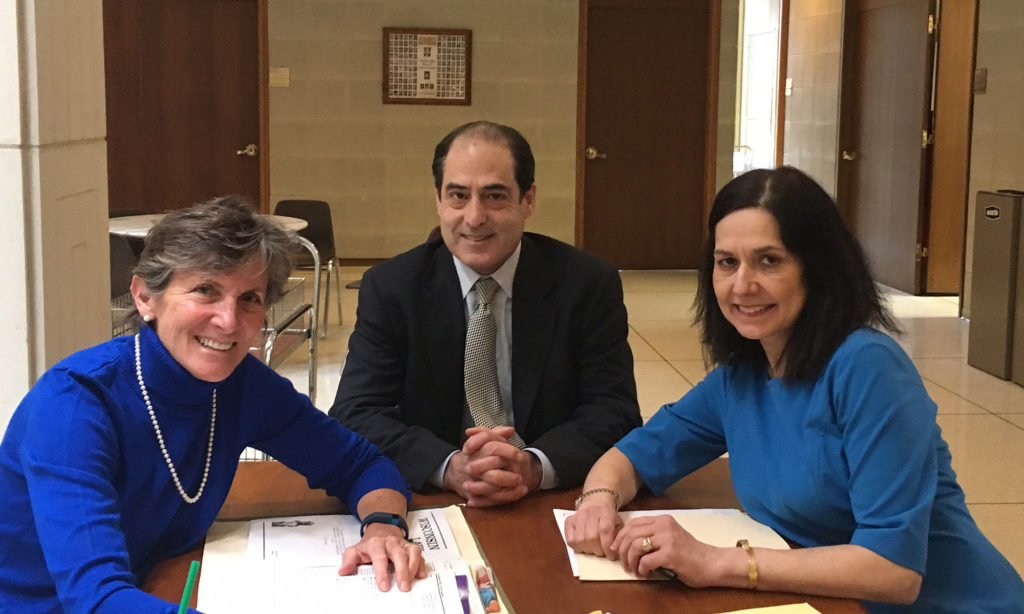
Some Thoughts on Gideonse vs Brown
Oregon's land-mark decision impacts North Carolinians at End of Life
On March 25, 2022, as a result of a settlement between Dr Nicholas Gideonse and the State of Oregon, access to Medical Aid in Dying went national: for the first time, terminally ill mentally competent individuals in the 39 US jurisdictions which had not previously recognized the legal right to determine your own end-of-life narrative now have a viable option. This includes of course, our fellow North Carolinians.
While the Gideonse v Brown settlement is not a panacea, it does advance the cause. Patients outside Oregon must still make their way preferably to Multnomah County, comprising the Greater Portland area south of the Columbia River, must make contact with two Oregon doctors willing to confirm the applicant's eligibility under Oregon's Death with Dignity Act and then, once having the prescription filled, should self administer the medicine within Multnomah County, presumably at a hotel, Airbnb, etc.
Of course this is not ideal. Far preferable would be the option of flying into Portland, getting the prescription filled and then returning to one's home town to self administer the medicine at the time of one's choosing, surrounded by ones' loved ones, pets, favorite music etc. Counsel for Compassion and Choices, Kevin Diaz, discourages flying home with the medicine and self administering in a state where MAID is prohibited; his concern is family members and friends in attendance at the time of self administration could be caught up under the vagaries of a state's anti-"assisted suicide" law.
Which make the situation in North Carolina particularly intriguing, as NC does not have on its books any law which specifically makes "assisting a suicide" a crime. The law is simply silent. MAID is neither authorized nor prohibited.
What has changed for North Carolinians is that prior to Gideonse v Brown, there was almost no chance of finding a doctor within the state willing to take the risk of writing an end of life prescription in the absence of authorizing legislation or at least judicial approval. Now, it would seem a fairly simple matter for someone recently diagnosed with a terminal illness, assuming they have the energy and resources to make a trip to Portland, to get a prescription filled and return to NC. (This is not to underestimate the difficulty of making a cross country trip when one is fighting a cancer or ALS or any other terminal illness). Previously this option would have required a North Carolinian to relocate to a state with MAID and first establish residency, a process which, in and of itself, can take several weeks if not months to procure a driver's license, register to vote, rent an apartment, etc.
What is important to note about GIdeonse v Brown is the impeccable logic of the challenge. Under the US Constitution, no state may deny to an out of state person any of the Privileges and Immunities accorded to in-state residents, absent a compelling state interest. There is a general consensus that it is unconstitutional to single out MAID as the sole medical procedure unavailable to out of state residents. Therefore, it is very likely that each of the 10 other US jurisdictions which have MAID legislation with a residency requirement will now sooner or later be forced to abandon that requirement. That would mean for terminally ill, mentally competent North Carolinians, that they could travel to the closest jurisdiction (DC or NJ) to get a prescription filled. It should be remembered that in Gideonse v Brown, the parties settled before the Federal Court could opine on the provision's unconstitutionality. So the Oregon settlement does not have any legal binding impact for the time being. But it is a very important precedent, and the fact that the Oregon defendants immediately settled in favor of Dr Gideonse is evidence of the likely unconstitutionality of the residency requirement.
What does this all mean for someone facing imminent death in NC? They now have one other option. It is not perfect. But it is better than nothing and it is one more step forward in the struggle to achieve full end of life patient autonomy.


